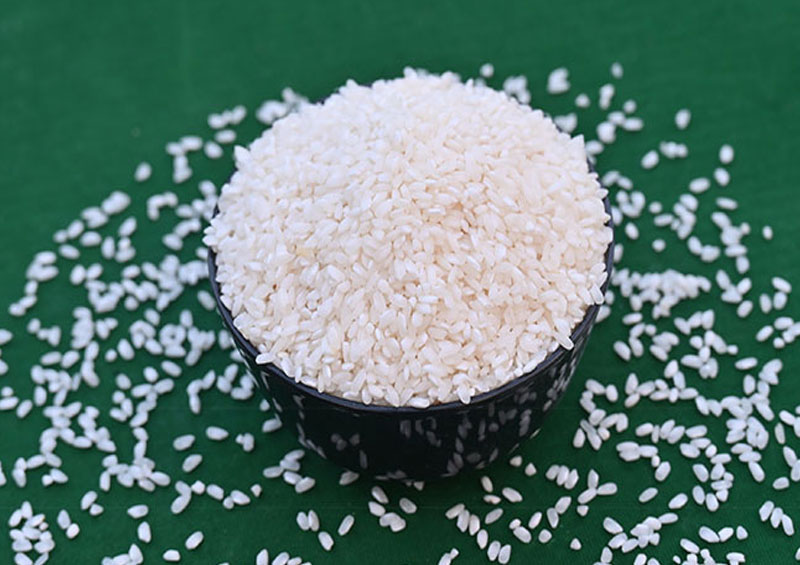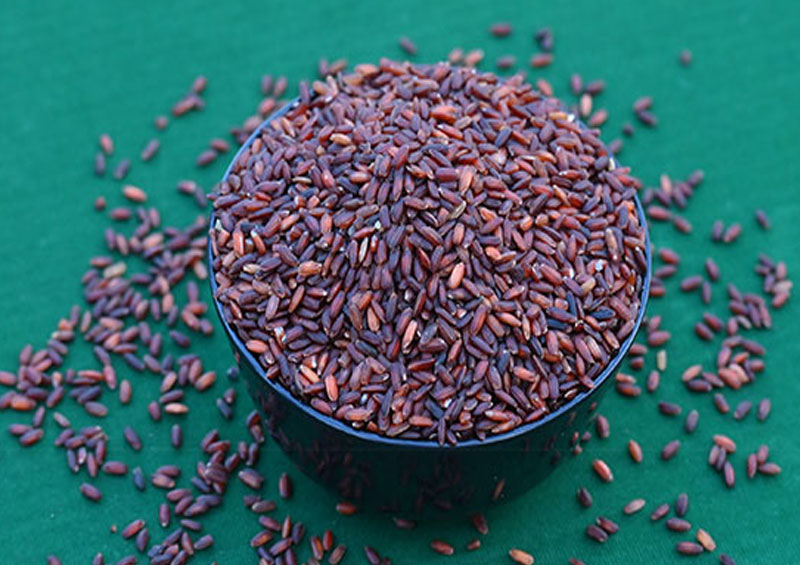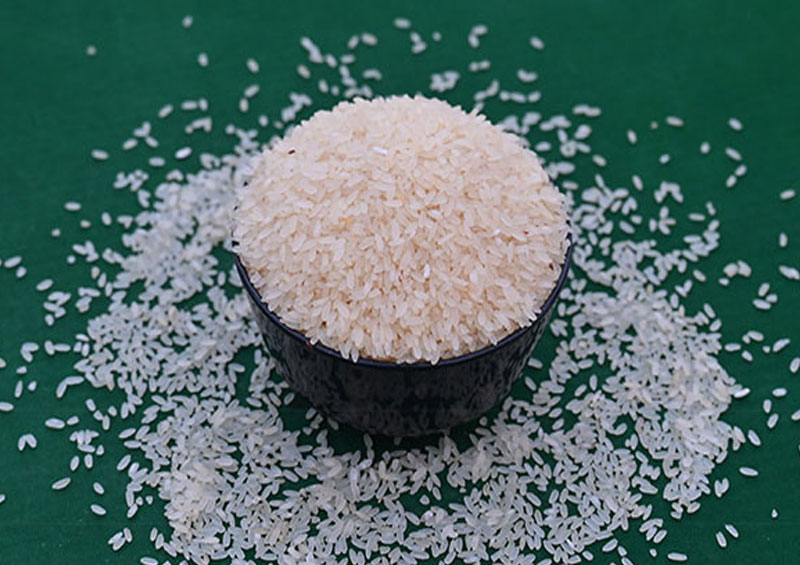
Ponni Rice
Ponni rice, originating from Tamil Nadu, is a slender and aromatic grain that is highly regarded. It is deeply ingrained in the culture of the Tamil people, with the belief that the best rice in Tamil Nadu is Ponni rice. This heritage rice is cultivated in the lower basin of the Kaveri river in the land of temples. The name Kaveri Reiver was previously known as the Ponni River until Rishi Agasthya's anger caused its name to change. Click for the entire story. The historical reputation of the Ponni River, Ponni Rice, and the traditional growing areas of Thanjavur Delta and Manachanallur are closely intertwined. The term "Pon" denotes gold in Tamil and the paddy of ponni rice shines like gold when the sun reflects on it. Ponni rice is also a rich source of carbohydrates and essential nutrients such as iron and B vitamins, making it a healthy addition to any diet. It is also low in fat and cholesterol, making it an ideal choice for those who are looking to maintain a healthy lifestyle. The cooked ponni rice is soft, fluffy, double elongation and with limited thickness in breadth. The ageing of ponni rice provides intrinsic better cooking results.A Malaysian court ruling reads that 'PONNI' is directly descriptive of a particular variety of rice originating from the Tamil Nadu region in Southern India. This Ponni rice does not have a registered Geographical Indication.








